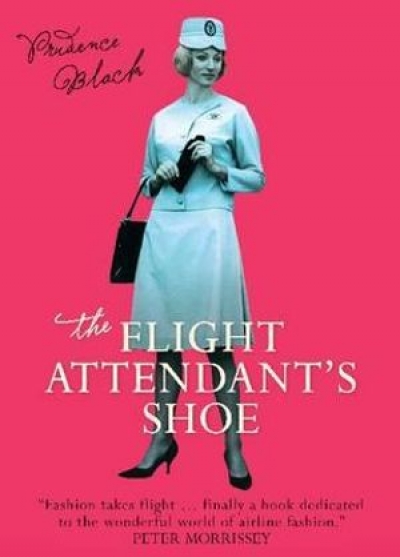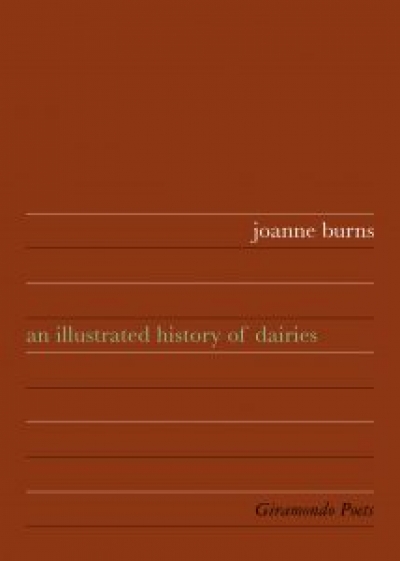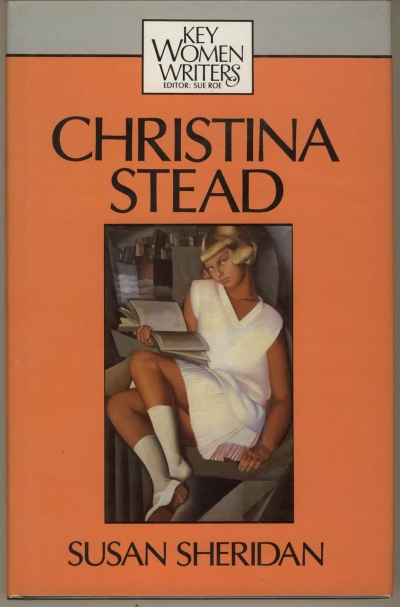Susan Sheridan
The Flight Attendant’s Shoe by Prudence Black
by Susan Sheridan •
Nine Lives: Postwar Women Writers Making Their Mark by Susan Sheridan
by Shirley Walker •
''Tirra Lirra' and Beyond - Jessica Anderson’s truthful fictions' by Susan Sheridan
by Susan Sheridan •
‘Everyone I talk to remembers Tirra Lirra by the River as a wonderful book, sometimes even as a life-changing one. But why don’t we hear anything about it today?’ This was a young journalist who ... ... (read more)




